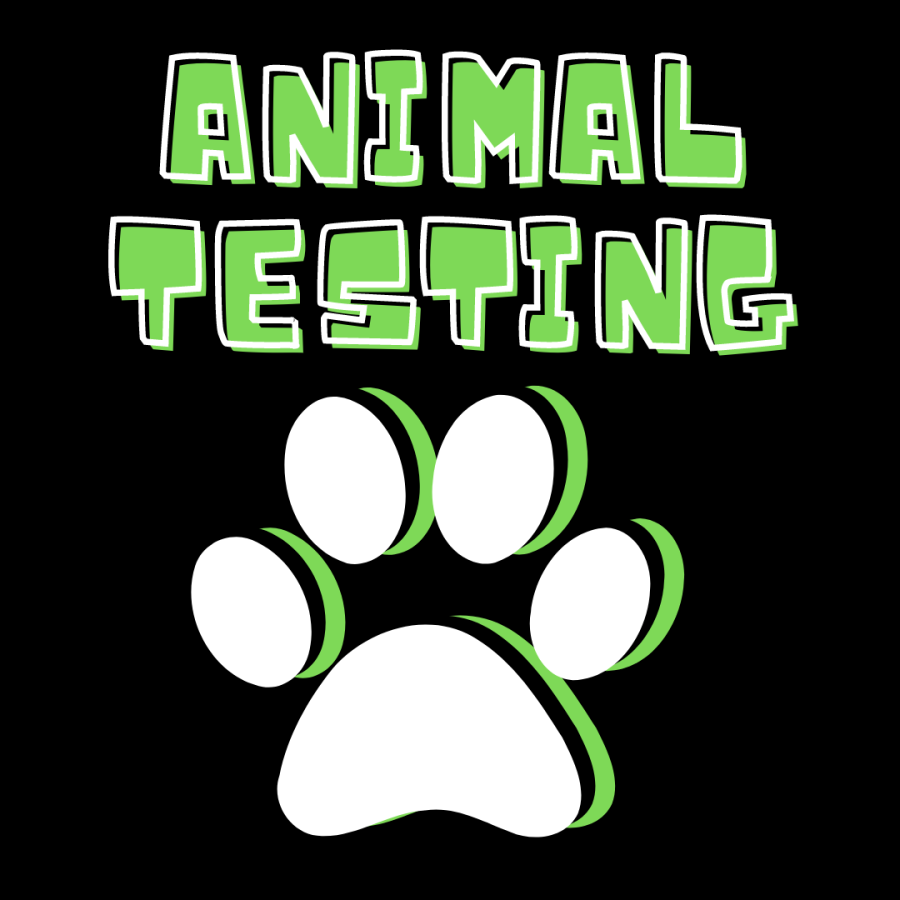Saving Ralph: The Effects of Animal Testing
Keep reading to find out how animal testing penetrates our everyday lives.
media by Grace Uhrain
A graphic introduces the topic of animal testing and its impacts.
April 19, 2022
Imagine your sweet and innocent dog “Buddy” being burned, scratched, or poked in a lab. Imagine your cat “Tiger” with hundreds of scars just so you can have your favorite skincare product. The problem of animal testing often remains unseen, but is ever present.
From cosmetics to cleaning products, animal testing is involved in the products all around us. Animal testing is most common in cosmetics (such as lotions or makeup), household products (such as cleaners or dish soap), and pesticides, according to the Humane Society.
“I think animal testing is inhumane and should be condemned, and that really it’s an unnecessary process that harms animals deeply,” Kambree Cowan ‘23 said.
Products are often tested on mice, rabbits, guinea pigs, rats, dogs, and cats. Many of the experiments talked about on the Humane Society website involve testing a product on the animal to study the effects it would have on humans.
According to One Green Planet, pharmaceutical companies test their products on beagles because of their agreeable temperaments. Beagles are often poisoned in order to study the side effects of the pharmaceuticals being developed.
Even the National Institutes of Health, a national government sponsored organization, regularly uses animals in its testing, according to PETA. In fact, the NIH spends at least $19.6 billion on animal testing each year. To put this in perspective, this is the sum of the average incomes of almost 630,000 Americans.
Other non government sponsored laboratories utilize animal testing in order to make products for profit. For example, an undercover investigation done by the Humane Society in 2019 revealed that beagles in a Michigan lab were force fed fungicides and pesticides then later euthanized.
Reports of cruelty involved in animal testing have led to organizations like (PETA) People for Ethical Treatment of Animals to start campaigns like the “Save Ralph” short film featuring an abused rabbit named Ralph.
“Although it is quite disturbing for what looks like a children’s short film, I think it’s entirely accurate and and does a good job of portraying the horrors and damage that animal testing can do,” Cowan said.
Some people choose to avoid companies that test on animals, only purchasing from cruelty free and vegan companies. Cruelty free products can be denoted with a small rabbit symbol called the “Leaping Bunny”. Another common symbol, used commonly on beauty products, is PETA’s “Beauty without Bunnies” symbol.
“I would encourage others just to find companies that don’t test on animals. People love to make up excuses that it’s so difficult to find ethical companies, but actually it’s not difficult!” Cowan said. “There are so many great companies out there who are against animal testing and test their products ethically. If you care all you have to do is look.”
Some, in addition to avoiding companies that test on animals, avoid eating meat.
“I became vegetarian after seeing the effects the meat industry has on animals and the climate. Not only is the industry cruel to animals, it’s harmful to the environment and uses a huge amount of land,” Grace Vaughn ‘22 said.
Others decided to make the decision to become vegan and avoid all animal products.
“Me having a cheeseburger or leather shoes just didn’t seem worth the cost to animals or our planet,” Statistics teacher Rebecca Uchyn said. “In my eyes, eliminating animal products is the greatest impact that I, as one person, can make on the world.”
To find out if your favorite companies are cruelty free or not, check the PETA directory.

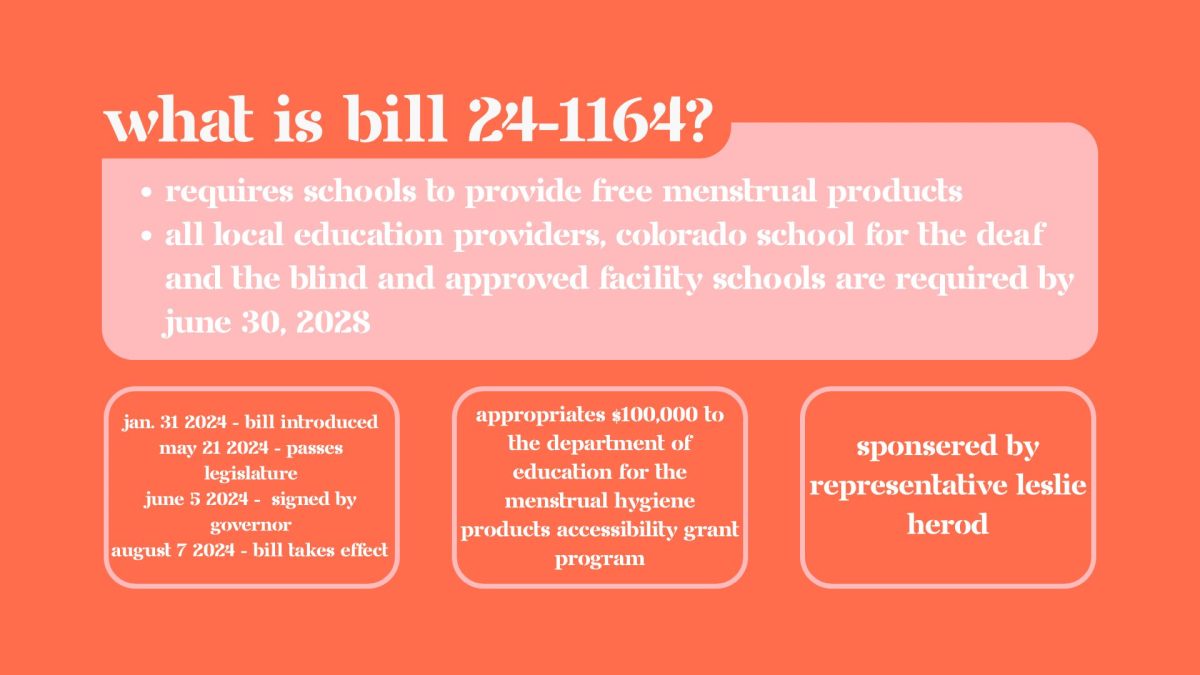
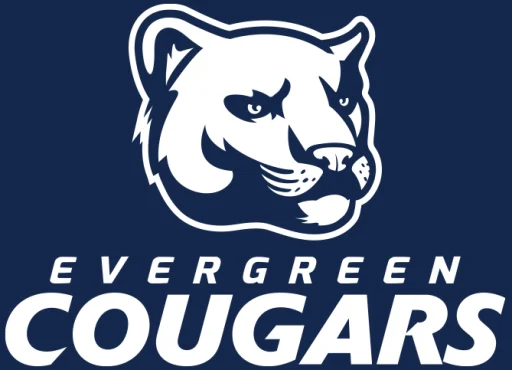
![Minutes before the Activities Fair in the gym, president Abhi Gowda ‘26 prepares the stall for his club Helping Hands, Sept. 4. A relatively new club, Helping Hands was co-started by Gowda and focuses on assisting the homeless, and just last year they succeeded in raising a couple hundred donations to send to shelters. This year, they have goals to expand, with hopes to increase volunteer opportunities and take in-person trips to shelters, as well as extend their help beyond just homeless people. “The Activities Fair gives a lot of underclassmen the opportunity to really get to know the Canyon culture, and it gives them many opportunities for service and volunteering,” Gowda said. “[Through the Activities Fair,] I hope to find a bunch of new and passionate members about our club and just get our name out there and spread awareness to the cause that we’re fighting for.”](https://rockmediaonline.org/wp-content/uploads/2025/09/1-2-1200x885.jpg)





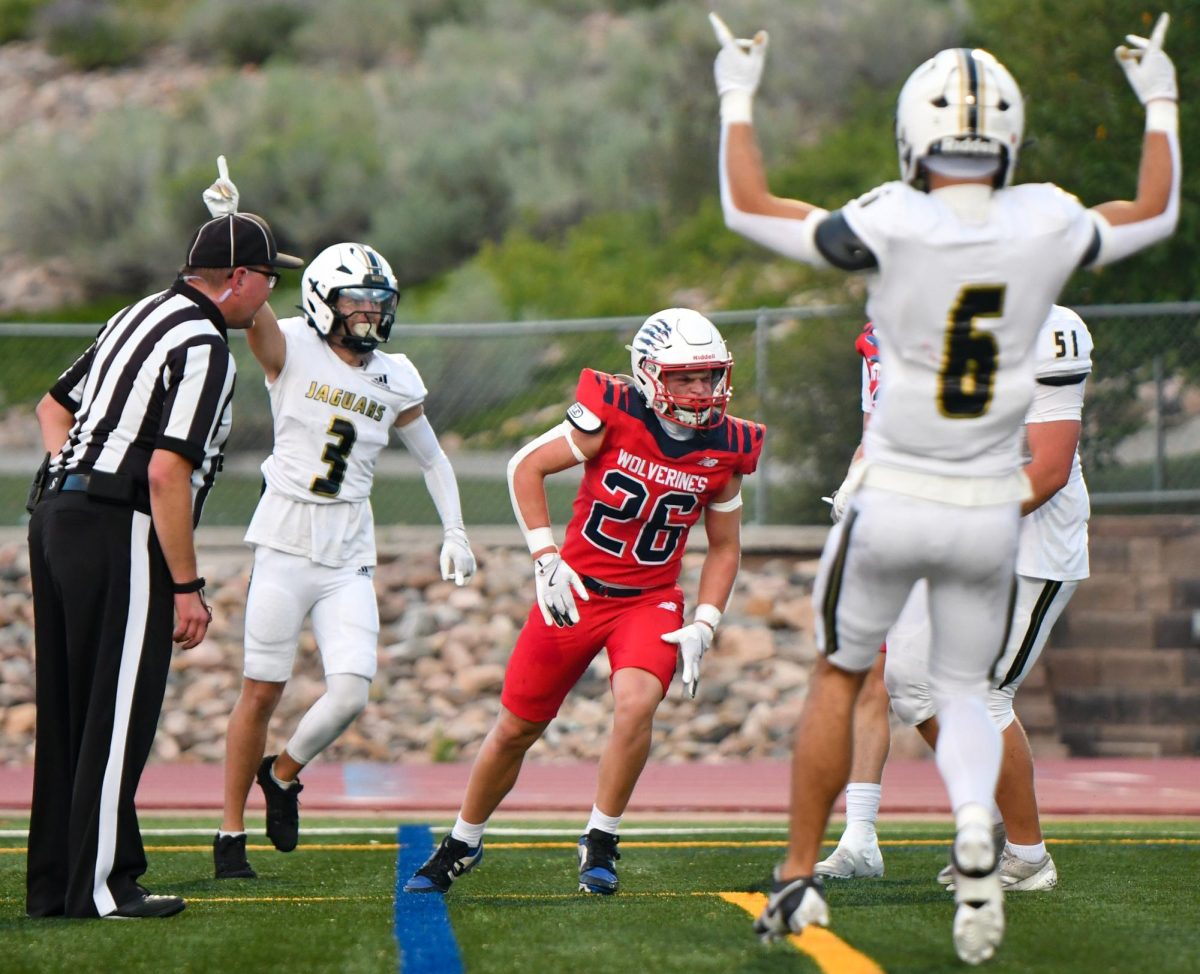

![The winter guard team makes fifth place at the state championship finals in the Denver Coliseum, March 30. The team performed to Barnes Country's “Glitter and Gold,” lead by coaches Margo Sanford, Blair Bickerton and Anna Orgren. In their class there were a total of nine groups participating, and the top five who made it to finals received a plaque. “[Walking onto the stage] is very nerve-wracking, but also very exciting as well. When you first start color guard there's a lot of anxiety and uncertainty when you first perform in front of an audience, but once you've done it for a while, it starts to become the best part of the season,” Ella West ‘25 said. “It's very fulfilling to see an audience react to something you've put your heart and soul into.”](https://rockmediaonline.org/wp-content/uploads/2025/04/Both-socal-media-nd-website-main-1-1200x846.jpg)
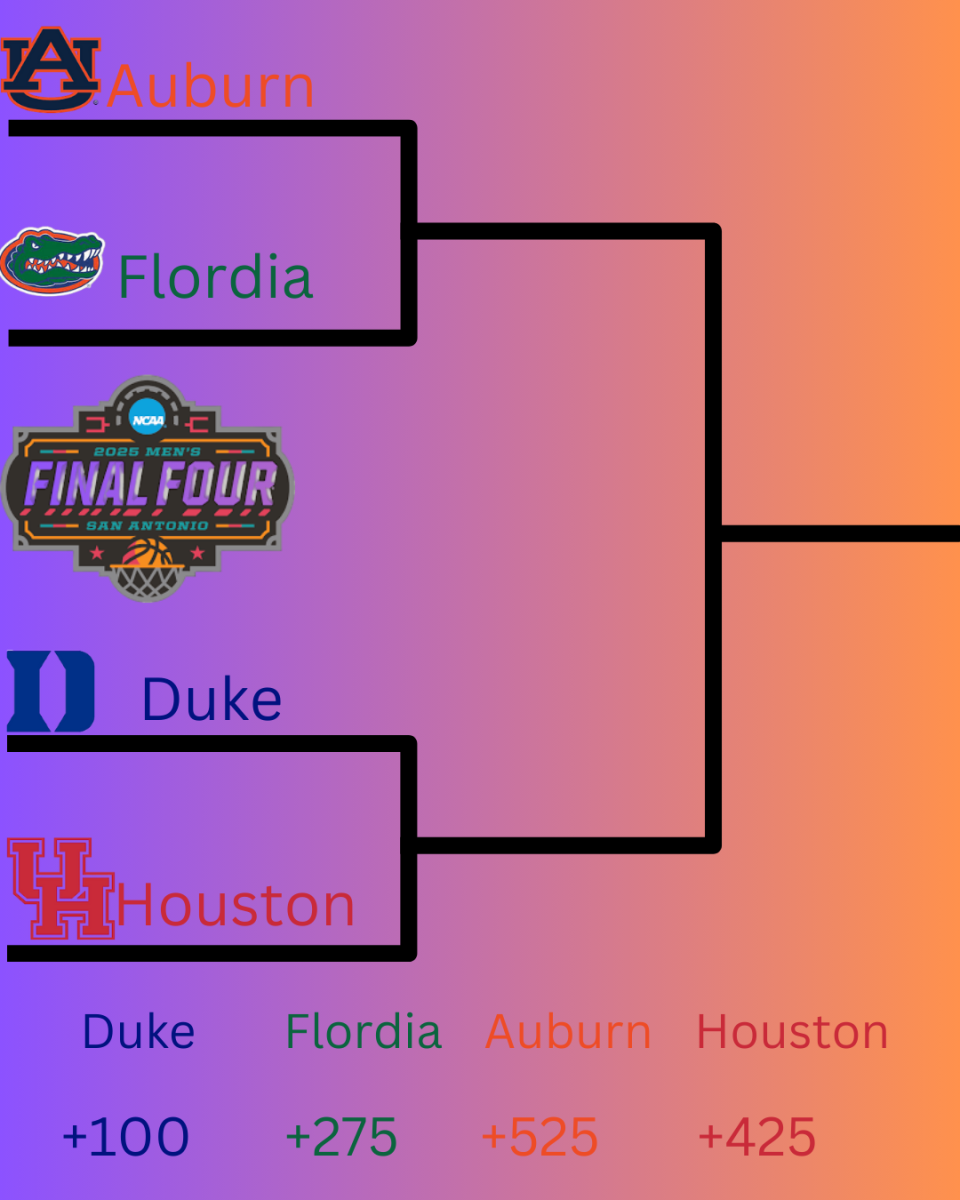
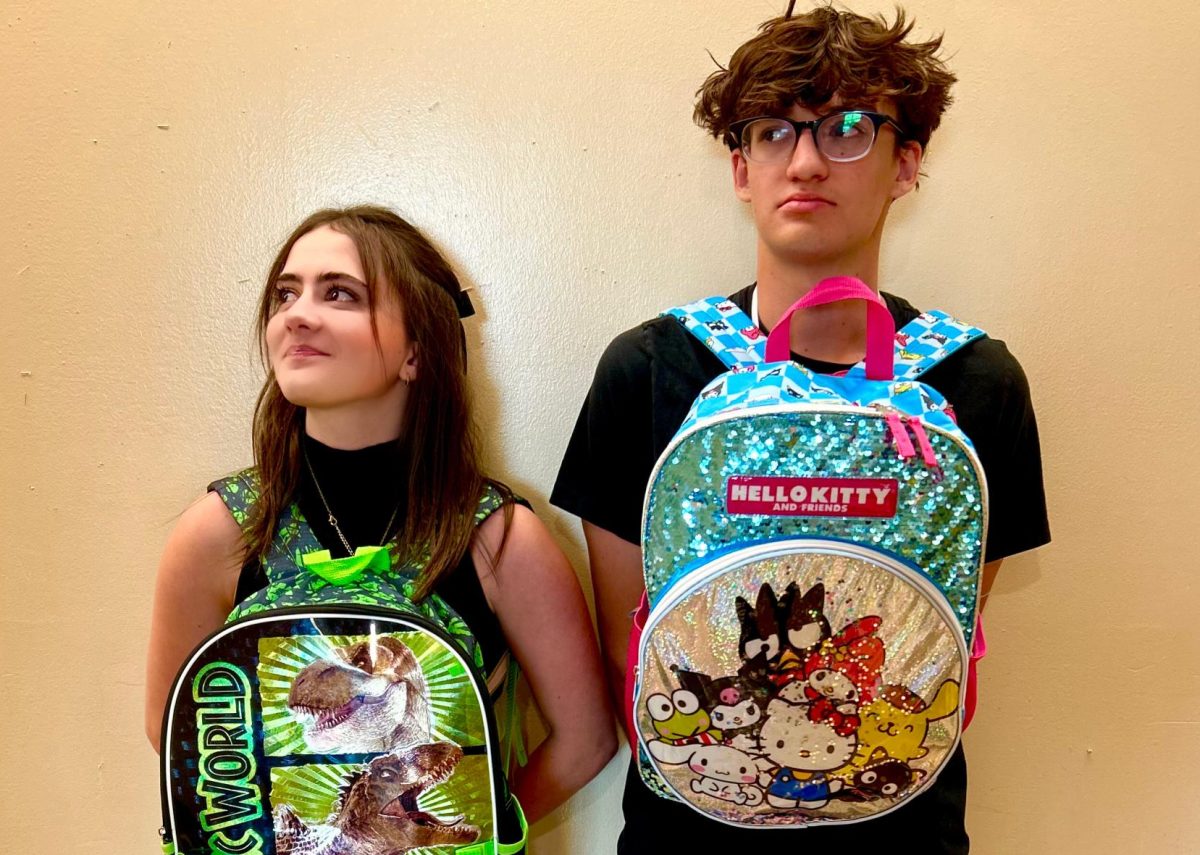
![April marks the 25th anniversary of Sexual Assault Awareness Month, created by the National Sexual Violence Resource Center (NSVRC). This month is to spread awareness of the harassment, assault and abuse that happens around the world. The symbol that represented the month was a teal ribbon; however, some survivors of assault create different symbols and movements like the TikTok trend in 2022, where survivors would tattoo Medusa on their body, in honor of her backstory in Greek Mythology. “I don't think [this month is known] at all. I rarely see anybody talk about it. I rarely see much of an emphasis on posting it online, or much discussion about it, and I feel like there needs to be way more discussion,” an anonymous source said. “I think just validating every experience that a person has gone through, regardless of the degree of it, the severity, is an essential step into making sure that people are aware that this is a very real problem in a society and that we need to do better in addressing it.”](https://rockmediaonline.org/wp-content/uploads/2025/04/IMG_0011-1200x900.jpg)












![Lesbian Visibility Day is April 26, and it’s a holiday to celebrate the lesbian community of the world. Lesbian Visibility day was established in 2008 by many queer activists and organizations who sought to raise more awareness for lesbian history and culture. “So this is why during Lesbian Visibility [Day] we celebrate and center all lesbians, both cis and trans, while also showing solidarity with all LGBTQ+ women and nonbinary people,” Linda Reily, in an article written by her, said.](https://rockmediaonline.org/wp-content/uploads/2025/04/Lesbian-Visibility-day.jpeg)






